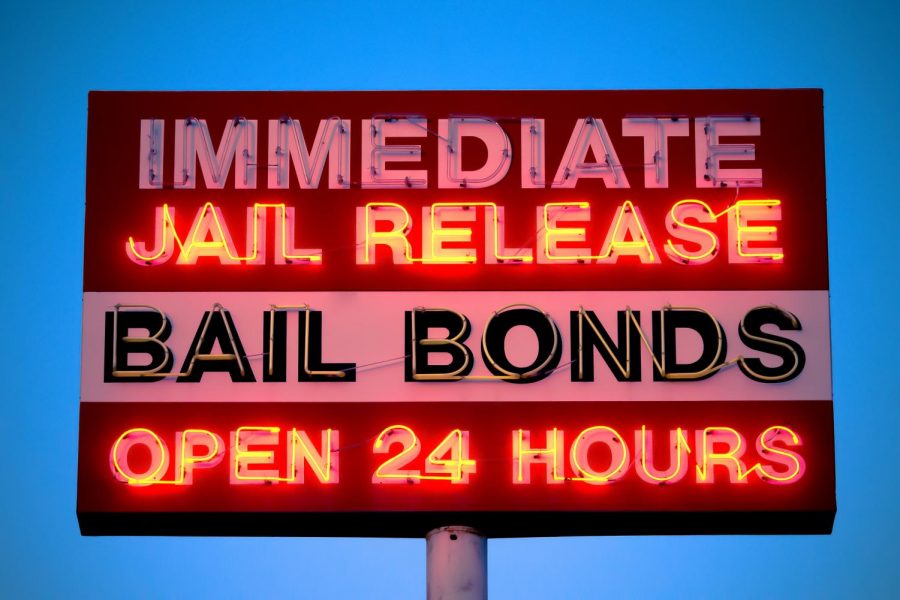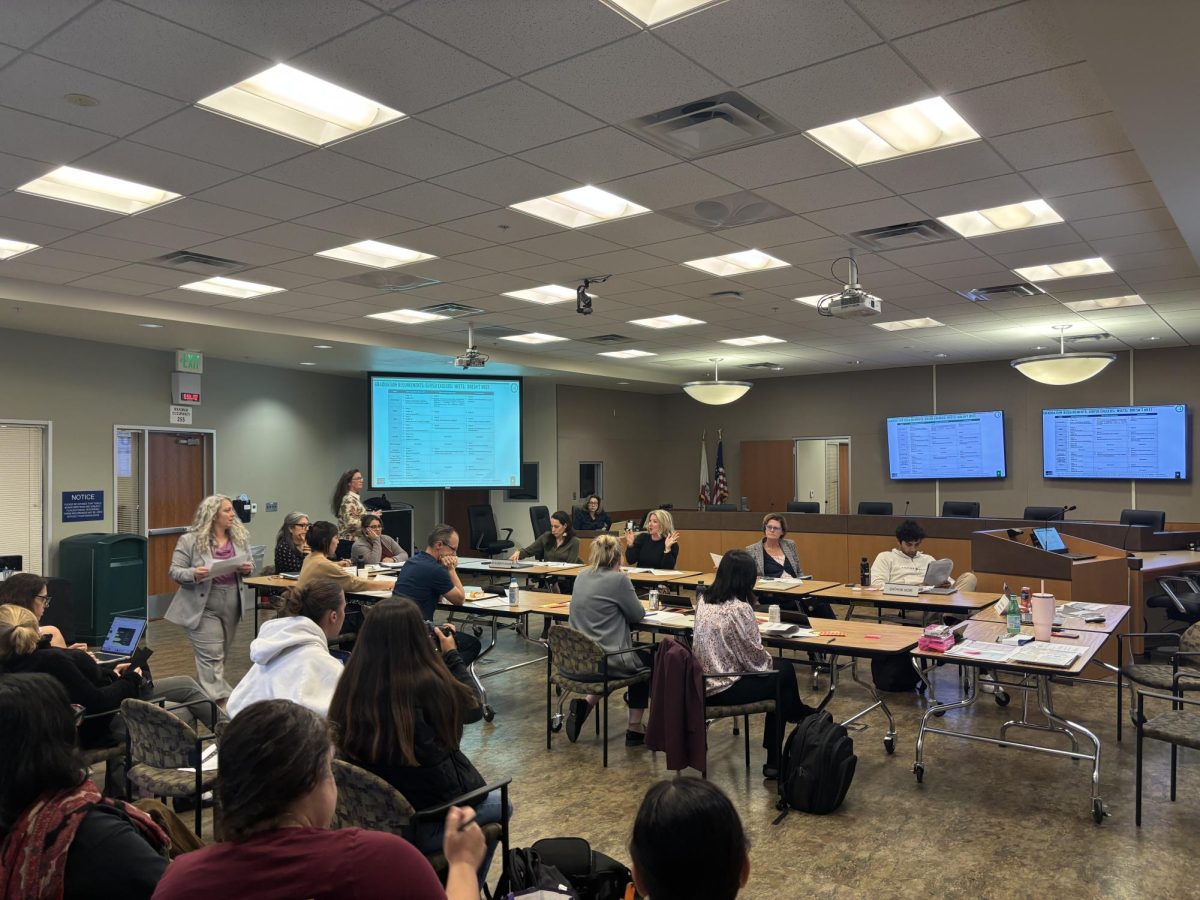Proposition 25, a bill that would have replaced cash bail with a risk-assessment algorithm, failed this election, making it clear that while many Californians agree on the problems with cash bail, they disagree on its solution.
Proposition 25 identified bail as a problematic pre-trial system, arguing that it is often placed higher than defendants can afford, leading to pretrial incarceration. The computer algorithm that aimed to replace cash bail uses previous arrest data to judge whether an individual is at risk of not showing up to trial. However, many civil rights groups, including the American Civil Liberties Union (ACLU) and the National Association for the Advancement of Colored Peoples (NAACP), opposed the bill.
Carlie Ware, a pre-trial public defender for the County of Santa Clara, explains in further detail the problem with the proposed data-based algorithm replacement.
“The way the risk-assessment tool is designed does a couple of things that concern me,” said Ware. “In terms of traditionally over-policed communities, it weights people’s criminal history above many other things… and, as public defenders, we know that it is more likely for somebody to have a criminal history if they’re poor.”
In addition to concerns surrounding the risk assessment algorithm, Ware believes the tool avoids addressing a deeper problem in California’s prison system.
“I think that people commit crime because they are living a life that is under stress or they’re suffering from mental illness or drug addiction, or they grew up in a neighborhood where they were drawn to a risk behavior because the typical support system wasn’t there,” Ware said. “There is an underlying socioeconomic disadvantage that the tool ignores.”
But despite these concerns, some California residents with experience in the cash bail system had hoped Proposition 25 would pass. One of them is Redwood City resident and Woodside alumnus Joe Ventura, who has witnessed the harmful effects of cash bail in his own community.
“I supported Prop 25 because I know countless people that are locked up,” said Ventura. “They deserve an easier way to be able to bail out of jail, just to be able to handle their trial from home. You can’t get anything done if you’re locked in a cage.”
Woodside counselor Elijah Thornton, who advises the school’s Black Student Union and has studied criminology, opposed Proposition 25. But, like Ventura, he has also witnessed firsthand the harmful effects of the cash bail system in his community.
“I can’t even count on my hands how many of my friends have been incarcerated,” Thornton said.
Thornton’s own brother, who has suffered from schizophrenia from a young age, has been in and out of jail since the age of 14, often because bail is posted higher than his family can afford.
“He was somebody I grew up with, somebody I had Thanksgiving dinner with, somebody I opened presents with at Christmas… He’s a brother, he’s a father, he’s a son,” said Thornton. “He wasn’t always the stereotypical image of the criminal. Those statistics dehumanize people when you just look at their record. When you get out, you get punished again, and again, and again… You don’t feel like an American; you don’t feel like a human.”
Despite these grim experiences with cash bail, Thornton believes that it can be made to be a more equitable system.
“Cash bail should be proportionate to their income. The average American doesn’t have a savings account or an emergency fund, so to expect someone in even worse condition to come up with that much bail is not feasible,” said Thornton, who grew up in public housing and on food stamps. “You can’t expect someone on food stamps to pay thousands of dollars to get somebody out of jail.”
Rather than revolutionize California’s pretrial system with a bill like Proposition 25, Ware agrees with Thornton, hoping that cash bail can be reformed and regulated rather than replaced.
“Setting bail at an amount that the person can afford is a rule that, as a defense attorney, I feel comfortable using and I feel comfortable asking judges to use,” said Ware. “It’s a fair, alternative way to operate in a system that still includes the possibility of cash bail.”













